Benefits To Farmers
Benefits Compared to Conventional Financing Sources
For the past two years, Skyline has had direct and indirect consultations with Canadian farmers who are excited about the prospect of using Skyline’s form of financing to purchase farmland that they can own and operate for the long-term. Skyline believes that its form of financing is superior to that of conventional financing options currently available in the market place and offers the farming community many significant benefits, including:
- Helping farmers acquire land that they could not otherwise purchase using more traditional financing options;
- Lowering a farmer’s credit risk profile by not having total exposure to land values;
- Lowering a farmer’s overall risk by not exposing them to a fixed interest payment. Instead, payments are tied to revenues which reduces risk in difficult years. As a result, the farmer is protected from interest rates increasing to a point where they cannot afford to make the payments and finding themselves in a situation where they may have to sell their land at depressed prices;
- Assisting in the more orderly transition of farmland from one generation to the next;
- Giving farmers certainty of owning the land rather than scaling up their operations through renting or leasing which is potentially risky if the farmer is unable to renew the lease but has invested significant capital in equipment, staff, etc.;
- Protecting farmers from depreciating land values; through contractual agreements, the farmer is protected and will not be in a position where the farm could be foreclosed on due to an erosion of their equity value;
- Ensuring farmers are better able to achieve their growth goals, thereby incentivizing them to stay in the province and farm full-time over the long-term.



